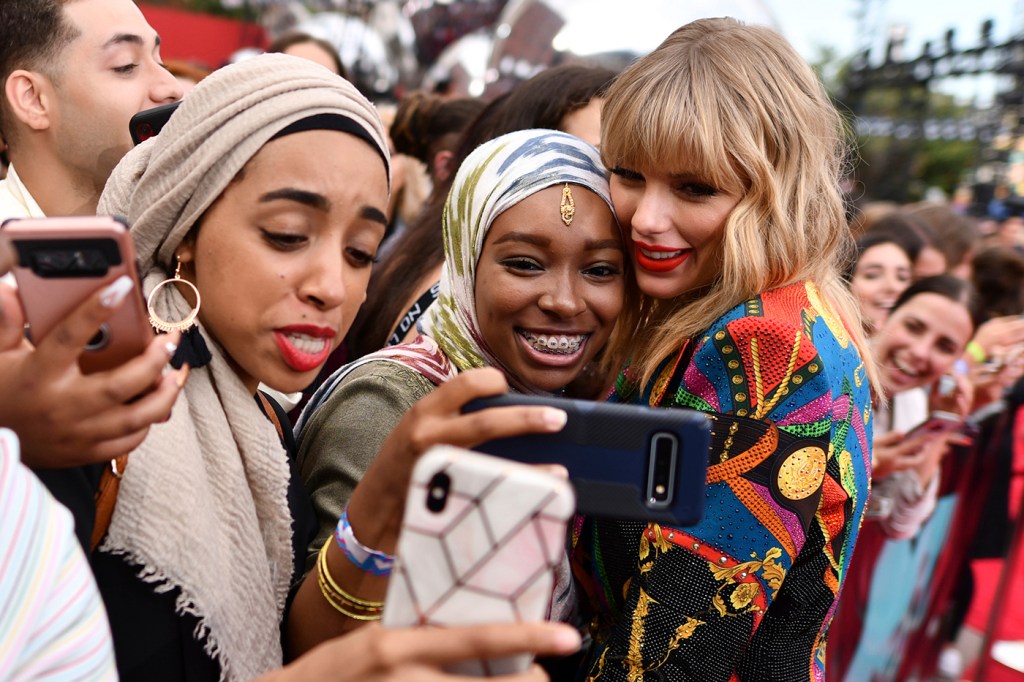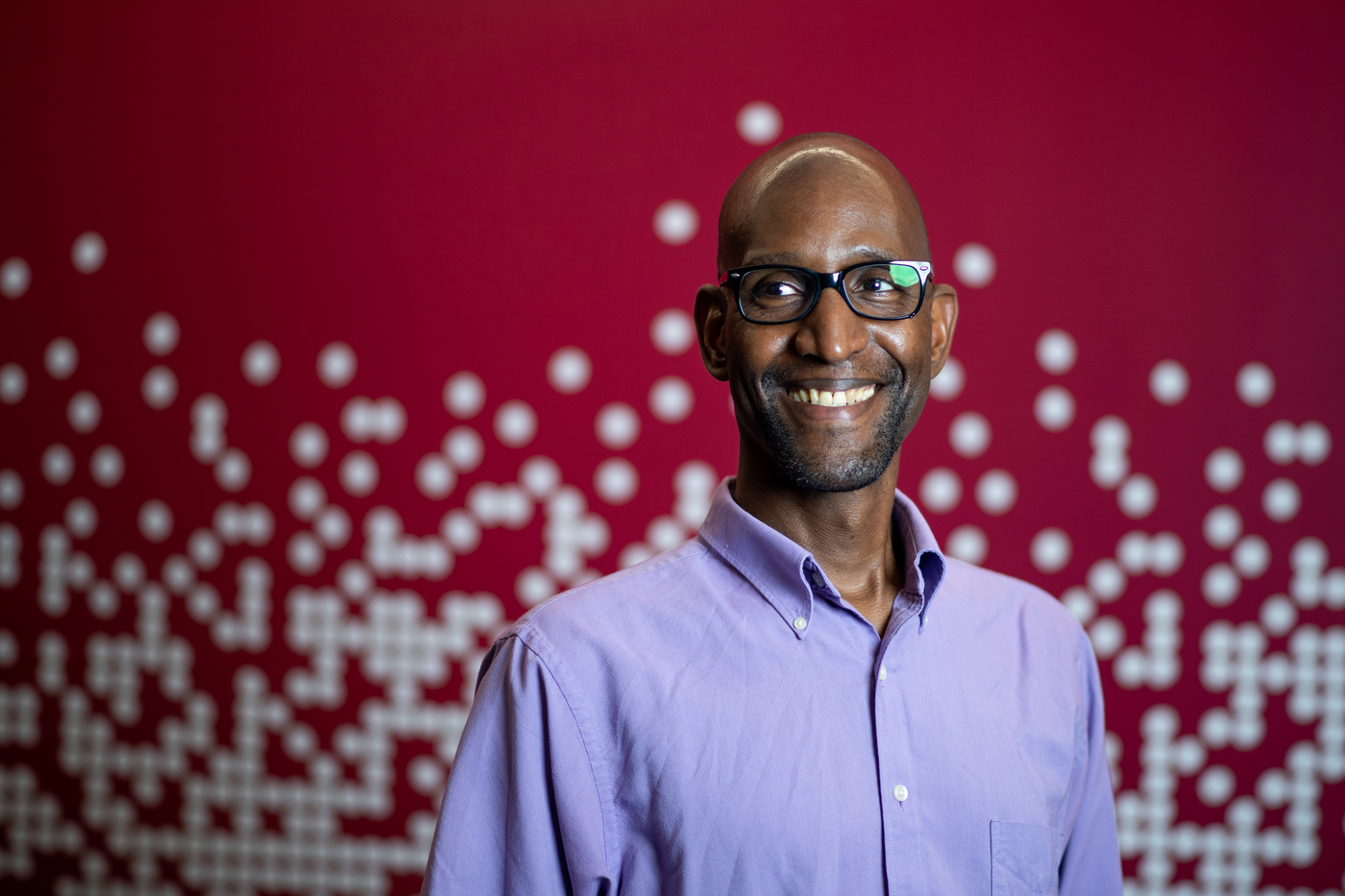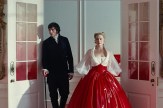Taylor Swift is not your BFF. What are parasocial relationships, and are they healthy for us?

Fans have a lot of ways of showing love for their favorite singers, movie stars or influencers. They might change their profile picture to an image of that person’s face, sing along to every lyric at a concert or hang a poster of that person on their wall.
Or they might stalk someone or throw their phone at a singer’s head.
At a certain point, fandom can go beyond enjoying someone’s work and become what is called a parasocial relationship. But what exactly are parasocial relationships? Are they truly dangerous or just a part of 21st-century pop culture?
“There’s a sense where it’s not even really accurate to call them relationships,” says Vance Ricks, an associate teaching professor of philosophy and computer science at Northeastern University.

Ricks, who has researched online friendships and relationships, likens parasocial relationships to the kind of relationship a child might have with an imaginary friend. If a Swiftie starts to form an emotional attachment to Taylor Swift –– and even thinks of her as a close friend –– that’s a parasocial relationship. It’s a relationship based on a projected version of another person, not any real interaction with the person themselves.
“I might listen to these people and think I know who they are because they’re such a part of my own life, but they have no idea that I exist,” Ricks says. “That’s one of the hallmarks of a parasocial relationship: It’s a unidirectional one. … In essence, the way that it makes sense to call it a relationship is you’re conjuring up the idea that there is a relationship, when in fact there really isn’t.”
Ricks says the term dates to the advent of mass media like radio and television, when suddenly newscasters, actors and musicians were being beamed into people’s homes weekly or even daily. However, even though parasocial relationships are far from new, the internet and social media have “turbocharged” them, Ricks explains.
“It makes it seem like it’s not just once a day or once a week that I’m ‘hanging out’ with this person, but that it can be as much as I want,” he says. “Anytime I want to go on a social media space or check out YouTube and see this person’s videos, it’s almost an on-demand kind of relationship.”
The internet has also created an entirely new economy and form of entertainment built around influencers, whose entire job is “to encourage us to think of them as our buddies, our pals,” Ricks says. Meanwhile, performers like Swift take a similarly personal approach with their fans that can deepen fan connection with their work but can also invite the formation of parasocial relationships.
It’s not clear if fans raised on influencers and online content creators necessarily view that kind of intimacy, whether performative, authentic or both, as the norm, Ricks says. But what is clear to some experts is that parasocial relationships can have real-world consequences.
Some experts have noted how bad behavior at concerts, like shouting at performers and throwing things on stage, has become normalized in recent years. Ricks notes this trend might be partly attributed to people re-learning social norms coming out of the COVID-19 pandemic, but he says it’s also emblematic of how some fans see their favorite artists.
“At its core I think it is this wish to be known as a distinct individual by this person who means so much to you or by your projection of that person,” Ricks says.
But Ricks doesn’t want to dismiss parasocial relationships entirely. There are plenty of people who have deep emotional connections to their favorite artists and influencers, but don’t act out. There is room for all different kinds of relationships, both virtual and real, in our lives, as long as they don’t result in physical or emotional harm, he says. However, they are emblematic of deeper issues in American society.
“One of the things that sociologists and psychologists have been pointing out for a couple of decades –– and this has been turbocharged because of the pandemic –– is the self-reported amount of isolation that Americans talk about, the plunge in the number of people Americans identify as close friends and the retreat from a lot of social space,” Ricks says. “If you’re investing a lot of your psychic energy into what is in fact a not real relationship, the question is if that’s taking away from time you could be spending cultivating relationships that are actually reciprocal.”
So, how do we ensure our fandom remains healthy? It comes down to establishing stronger boundaries for both celebrities and fans, which might require rethinking how we all engage with media.
“I definitely think when it gets to getting on stage, when it comes to physically threatening people or stalking people, discouraging that and making it known that that’s not welcome is important,” Ricks says. “I think we should let people have some personal space and some space that’s just for them and not require everyone to be an open book all the time.”
Cody Mello-Klein is a Northeastern Global News reporter. Email him at c.mello-klein@northeastern.edu. Follow him on X/Twitter @Proelectioneer.






